Andrei Tarkovsky was a Russian film director. He was born on April 4, 1932, in the village of Zavrazie, Russia, at the time part of the Soviet Union.
His father left the family when he was young. It affected him deeply. His mother, a strong and deeply religious woman, provided the young Tarkovsky with stability.
In 1960 Tarkovsky graduated from the All-Union State Institute of Cinematography.
He studied under Michael Romm, a practitioner of socialist realism, a state-sanctioned art movement that promoted the ideals of the Soviet Union. Tarkovsky immediately distanced himself from socialist realism.
In 1962 he shot his first full-length movie, Ivan’s Childhood. The film tells the tragedy of World War Two as seen through the eyes of an orphaned child. Lyrical and antiheroic, the movie won the Golden Lion Award in Venice and marked the first sign of rupture between Tarkovsky and the Soviet regime, which accused the film of not doing enough to glorify the Soviet armed forces.
His next film, Andrei Rublev, was full of spiritual tension and meditations on art. It tells the story of a great medieval painter of religious icons. Soviet authorities interpreted the blood-soaked Russia shown by Tarkovsky as an attack on the Soviet Union, and refused to distribute the film.
In Solaris, one of his best-known films, Tarkovsky tells the adventures a crew experiences on a space station inhabited by a mysterious force. But the plot is merely a device used to explore the protagonist’s journey into the darkest crevices of the subconscious.
The poetic power of Tarkovsky’s long shots is most evident in his fourth film, The Mirror, a challenging and complex work inspired by the director’s life.
Stalker is about a journey through a mysterious region where wishes are freely granted. Posing questions on art and science, the characters’ consciences and memories are symbolized by the presence of flowing water and other natural elements.
In 1983 Tarkovsky left Russia for Italy, where he shot Nostalghia. The film, about the journey a Russian scholar takes through the Tuscan countryside, is rife with the loneliness Tarkovsky himself felt at the time.
In 1985 the director moved to Sweden, where he shot his last film, The Sacrifice. Tarkovsky ended his artistic voyage by tackling the theme of man and faith in an almost apocalyptic setting.
Andrei Tarkovsky died in Paris on December 29, 1986. He was 54. Although he made relatively few films, most critics agree that his work raised cinematographic art to unmatched heights in terms of style and expressiveness.
His father left the family when he was young. It affected him deeply. His mother, a strong and deeply religious woman, provided the young Tarkovsky with stability.
In 1960 Tarkovsky graduated from the All-Union State Institute of Cinematography.
He studied under Michael Romm, a practitioner of socialist realism, a state-sanctioned art movement that promoted the ideals of the Soviet Union. Tarkovsky immediately distanced himself from socialist realism.
In 1962 he shot his first full-length movie, Ivan’s Childhood. The film tells the tragedy of World War Two as seen through the eyes of an orphaned child. Lyrical and antiheroic, the movie won the Golden Lion Award in Venice and marked the first sign of rupture between Tarkovsky and the Soviet regime, which accused the film of not doing enough to glorify the Soviet armed forces.
His next film, Andrei Rublev, was full of spiritual tension and meditations on art. It tells the story of a great medieval painter of religious icons. Soviet authorities interpreted the blood-soaked Russia shown by Tarkovsky as an attack on the Soviet Union, and refused to distribute the film.
In Solaris, one of his best-known films, Tarkovsky tells the adventures a crew experiences on a space station inhabited by a mysterious force. But the plot is merely a device used to explore the protagonist’s journey into the darkest crevices of the subconscious.
The poetic power of Tarkovsky’s long shots is most evident in his fourth film, The Mirror, a challenging and complex work inspired by the director’s life.
Stalker is about a journey through a mysterious region where wishes are freely granted. Posing questions on art and science, the characters’ consciences and memories are symbolized by the presence of flowing water and other natural elements.
In 1983 Tarkovsky left Russia for Italy, where he shot Nostalghia. The film, about the journey a Russian scholar takes through the Tuscan countryside, is rife with the loneliness Tarkovsky himself felt at the time.
In 1985 the director moved to Sweden, where he shot his last film, The Sacrifice. Tarkovsky ended his artistic voyage by tackling the theme of man and faith in an almost apocalyptic setting.
Andrei Tarkovsky died in Paris on December 29, 1986. He was 54. Although he made relatively few films, most critics agree that his work raised cinematographic art to unmatched heights in terms of style and expressiveness.
RELATED


PHARRELL WILLIAMS
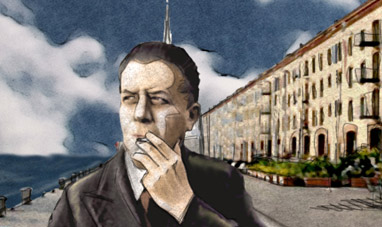

EUGENIO MONTALE
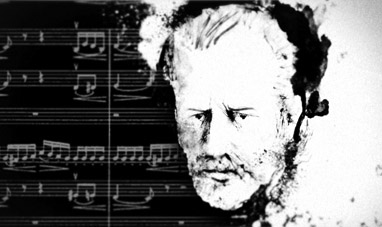

PYOTR ILLYCH TCHAIKOVSKY
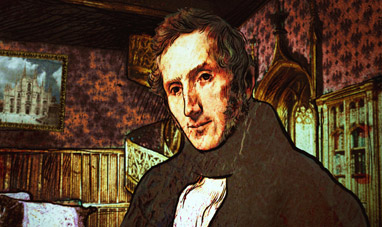

ALESSANDRO MANZONI
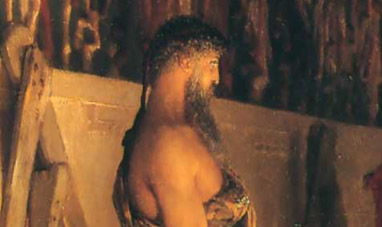

PHIDIAS
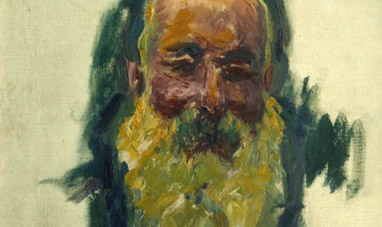

CLAUDE MONET
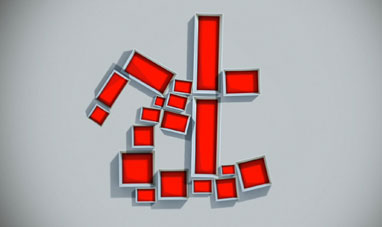

MICHELANGELO PISTOLETTO
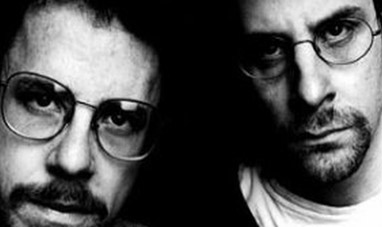

JOEL AND ETHAN COEN
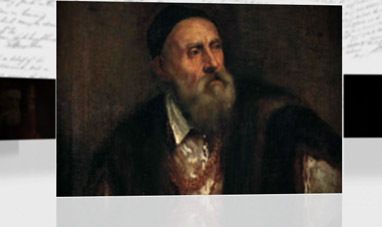

TITIAN
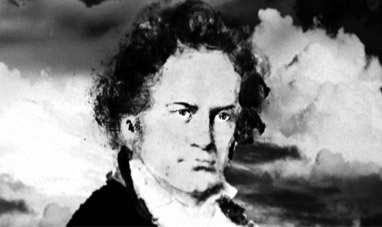

LUDWIG VAN BEETHOVEN
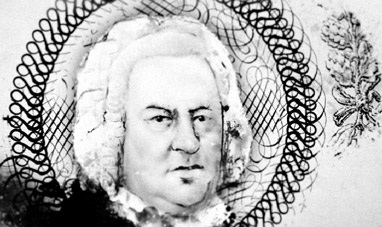

JOHANN SEBASTIAN BACH
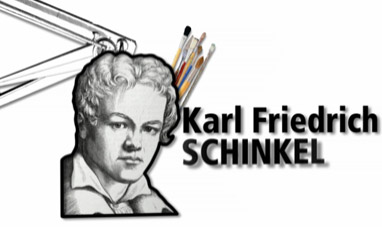

KARL FRIEDRICH SCHINKEL
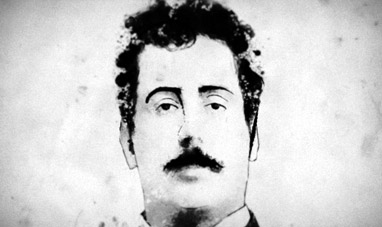

GIACOMO PUCCINI
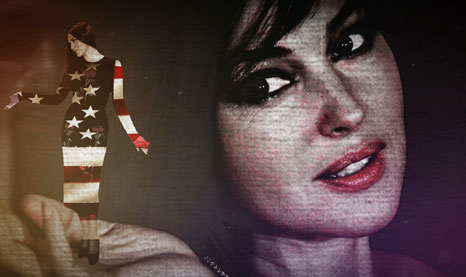

MONICA BELLUCCI
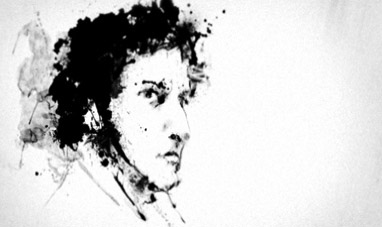

FRÉDÉRIC CHOPIN
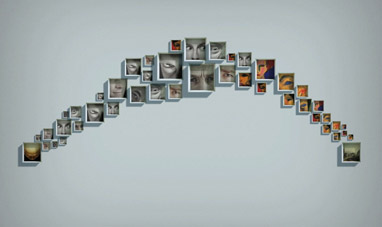

ERNST LUDWIG KIRCHNER
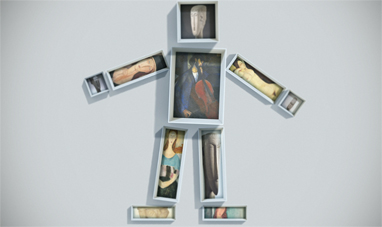

AMEDEO MODIGLIANI
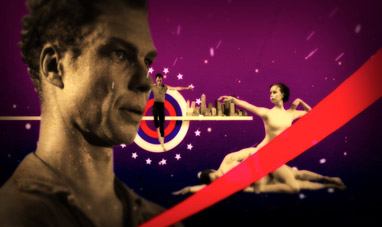

MERCE CUNNINGHAM
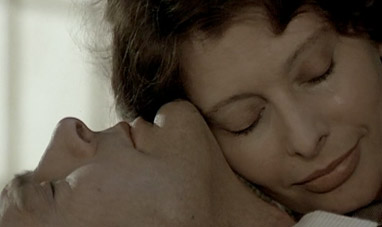

SOPHIA LOREN
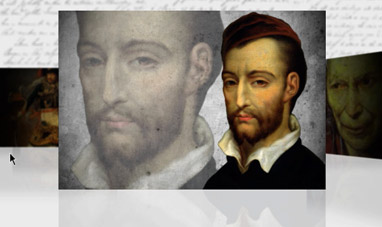

THÉODORE GÉRICAULT
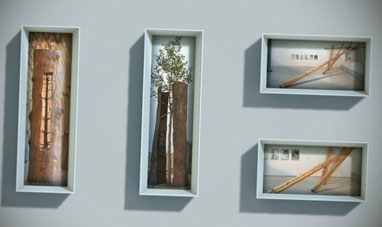

GIUSEPPE PENONE
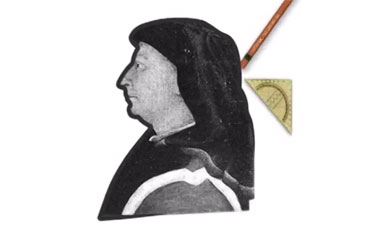

FILIPPO BRUNELLESCHI
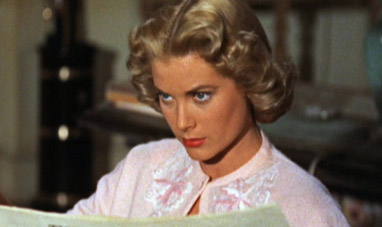

GRACE KELLY
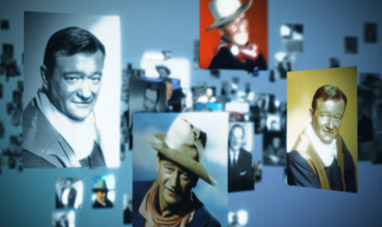

JOHN WAYNE
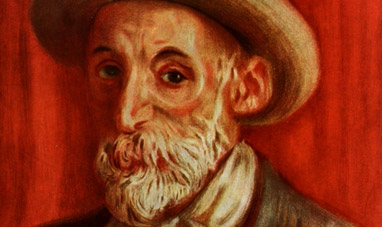

PIERRE AUGUSTE RENOIR
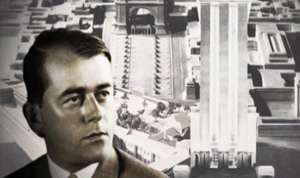

ALBERT SPEER
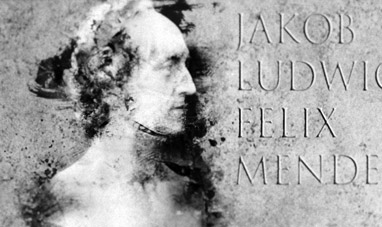

FELIX MENDELSSOHN


CHARLES BUKOWSKI
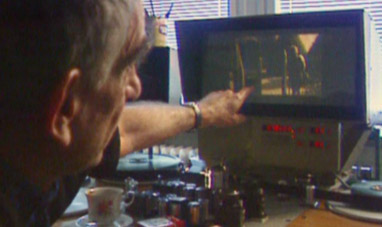

KRZYSZTOF KIELOWSKI
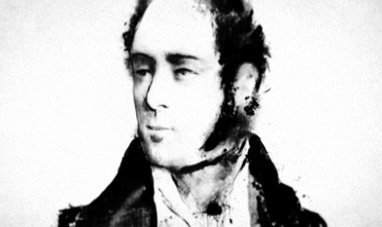

VINCENZO BELLINI
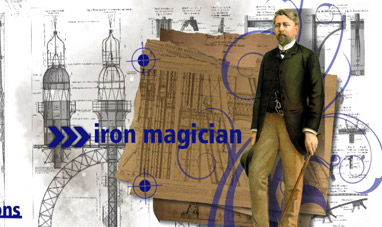

GUSTAVE EIFFEL
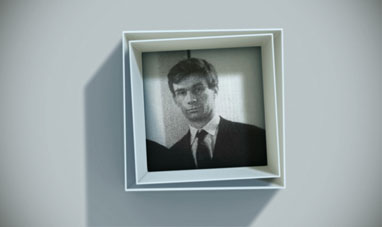

ENRICO CASTELLANI
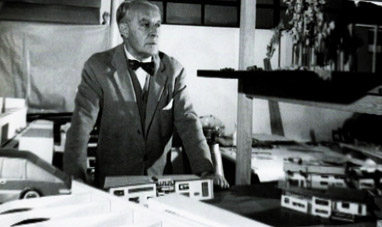

GIO PONTI
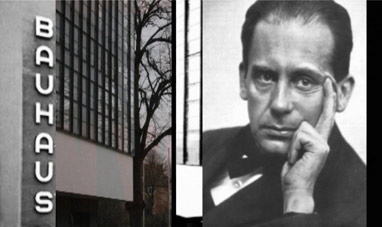

WALTER GROPIUS
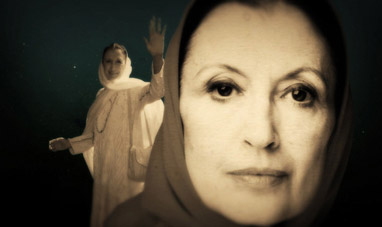

CARLA FRACCI
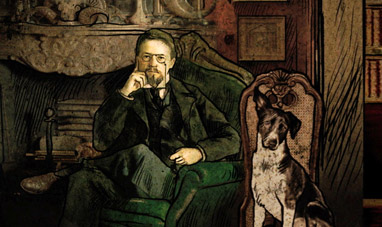

ANTON CHEKHOV
